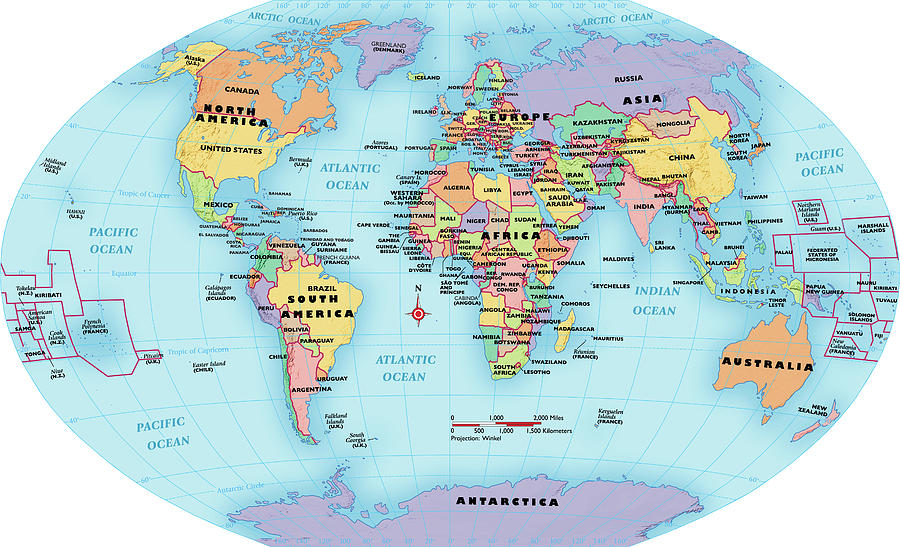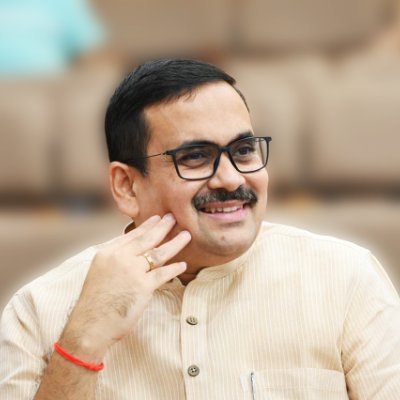The anniversary of Swami Vivekananda’s epochal address at Chicago this year has come at a crucial time. The seventh-fifth anniversary of India’s independence and the steady emergence of India in a world that has been witnessing turbulent and rapid changes and re-positioning afflicted by a once in a century pandemic. Added to this is a recrudescence of elements which were active in 1893 – when Vivekananda delivered his address challenging their notion and narrative of India. These elements then were on an overdrive in demonising civilisational India, in denigrating Hindu civilisation and in presenting themselves as alone capable of salvaging India from the morass of superstition and false-belief. Vivekananda’s address was, in a sense, the first challenge to this organised denigration of India.
Intellectual descendants of this cabal are seen to be pursuing that same agenda today, the fundamental difference being that today, they confront an India which is free, rising and self-conscious of her potential and power on the global stage. It is an India which is rising as a civilisational democracy well on the way towards embodying Vivekananda’s vision of power and civilisational strength. The India of today, as public intellectual and thinker S. Gurumurthy argues, ‘having successfully disconnected itself from its psychological constraints and reservations about power and explicitly announcing to the world that it is keen on acquiring power.’ This sense is increasingly becoming evident, India aims to reconnect itself to that dimension when it was, as Gurumurthy argues, the ‘thought-giver and contributor to the world, and not continue to remain an importer and consumer of thoughts generated from outside.’
This year’s commemoration of Swami Vivekananda’s Chicago address, reinforces this dimension very concretely. In the global battle against the Covid pandemic India has set an example of handling the pandemic, in producing the vaccine and in administering it to a diverse and wide population, often the size that surpasses a number of Western countries in terms of population. That in less than a year India could produce a vaccine and then go about systematically administering it to its population, is in itself an indication of India’s confidence, progress and rise. At a time when leading minds in the West are concerned with the future of the world order, are still trying to evolve various positions on what the world after Covid will look like, India has already articulated her position.
One has to recall how in early stages of Covid, Prime Minister Modi was the first global leader to call for the need to develop a global coalition to tackle the present pandemic and all such future pandemic. He had insisted on the necessity to evolve a new perspective and framework of globalisation that would be human centric and not exploitative or imposing. Much before other world leaders had spoken along these lines, Prime Minister Modi had told world leaders that since Covid-19 ‘does not see race, religion, colour, caste, creed, language or border before striking, our response and conduct thereafter should attach primacy to unity and brotherhood. We are in this together.’ He had insisted that human beings need to be put at the centre of ‘our vision of global prosperity and cooperation’ and that benefits of medical research and development must be ‘freely and openly’ shared. A most constructive and structured suggestion came from him, when he spoke of the need to develop ‘adaptive, responsive and humane health care systems, promote new crisis management protocols and procedures’ and to evolve and promote new crisis management protocols and to reform ‘inter-governmental’ bodies like the WHO.
It is interesting to note that thinkers such as Henry Kissinger and Joseph Nye, spoke along these lines much after PM Modi had spoken and had made international news. Joseph Nye, for instance, argued that the United States could ‘launch a massive Covid-19 aid programme – a medical version of the Marshall Plan’, while Henry Kissinger observed that ‘leaders should choose a path of cooperation that will lead towards international resilience.’ Nye spoke of the importance of ‘power with others rather than over others and set up bilateral and multilateral frameworks to enhance cooperation.’ These would be ‘cooperative and soft-power enhancing policies’ with the pandemic leading to a geopolitical path to a better world. In fact, among the many re-thinking and changes that Covid-19 has induced is that it has exposed, as Gurumurthy has argued, ‘the hollowness of assumptions of the world order based on Western experiences which were experimented on the Rest from 1990s onwards’ and which was accepted by the Rest, especially India, critically. But today, with India’s democratic fibre strengthened, with her democratic institutions robust, India’s democratic framework and essence has caught the attention of the world.
Francis Fukuyama, for instance, has argued that the ‘global distribution of power will continue to shift eastward’ since east Asia ‘has done better at managing the situation than Europe or the United States.’ India, among the Asian countries, with her diversities and challenges has emerged to be a model of how the situation was handled at every level. Resolutely sticking to democratic spirit, following her federal structure and spirit, India has in more than one and a half years, demonstrated her national and international capacities in times of an acute global crisis. Prime Minister Modi has also spoken of the ‘Asian Century’, in which India will play a major and defining role.
In a sense, a major aspect of Swami Vivekananda’s exhortation was on India’s need to challenge Western assumptions, on her need to evolve her own frameworks, re-discover and re-articulate positions based on her civilisational experience is very gradually becoming evident. This has been a major transformation in the last few years. India can certainly play a major role in delineating and articulating soft-power enhancing policies that are cooperative, and push to evolve a geopolitical path leading to a more cooperative approach, especially in times of crisis. India’s capacities, being demonstrated in handling the pandemic and her global response and role has been one of the reasons for the attention shifting eastwards.
(The writer is the Hony. Director of Dr Syama Prasad Mookerjee Research Foundation. Views expressed are personal)
Image Source: https://images.fineartamerica.com/
(The views expressed are the author's own and do not necessarily reflect the position of the organisation)


